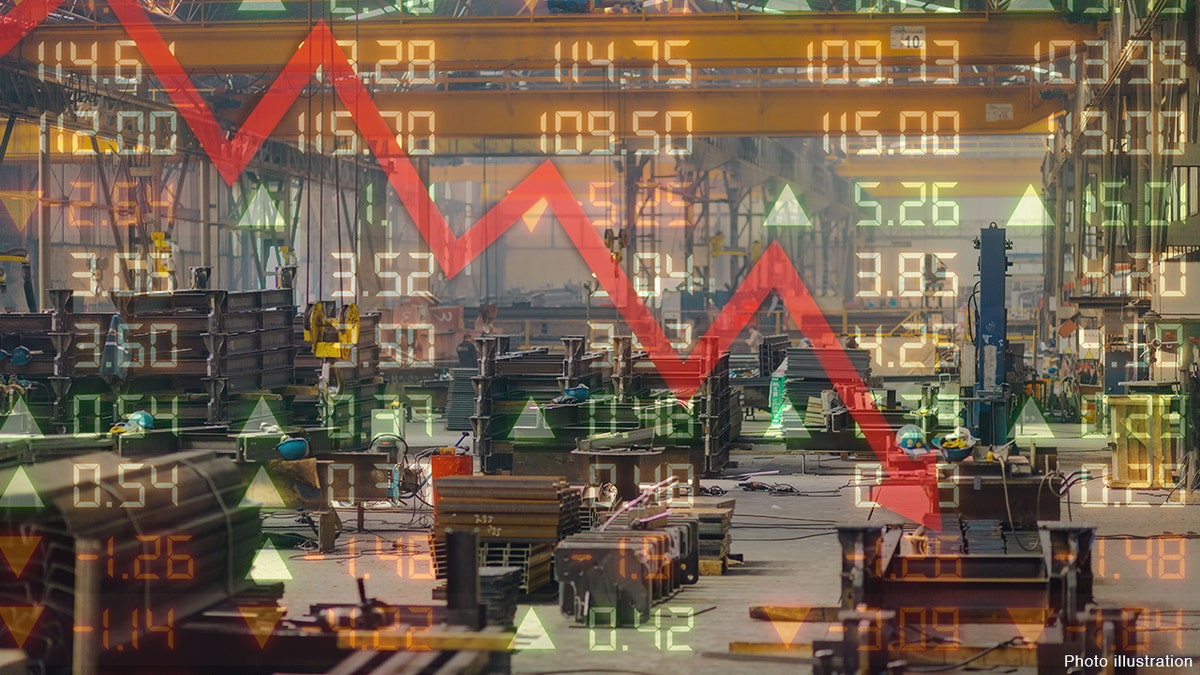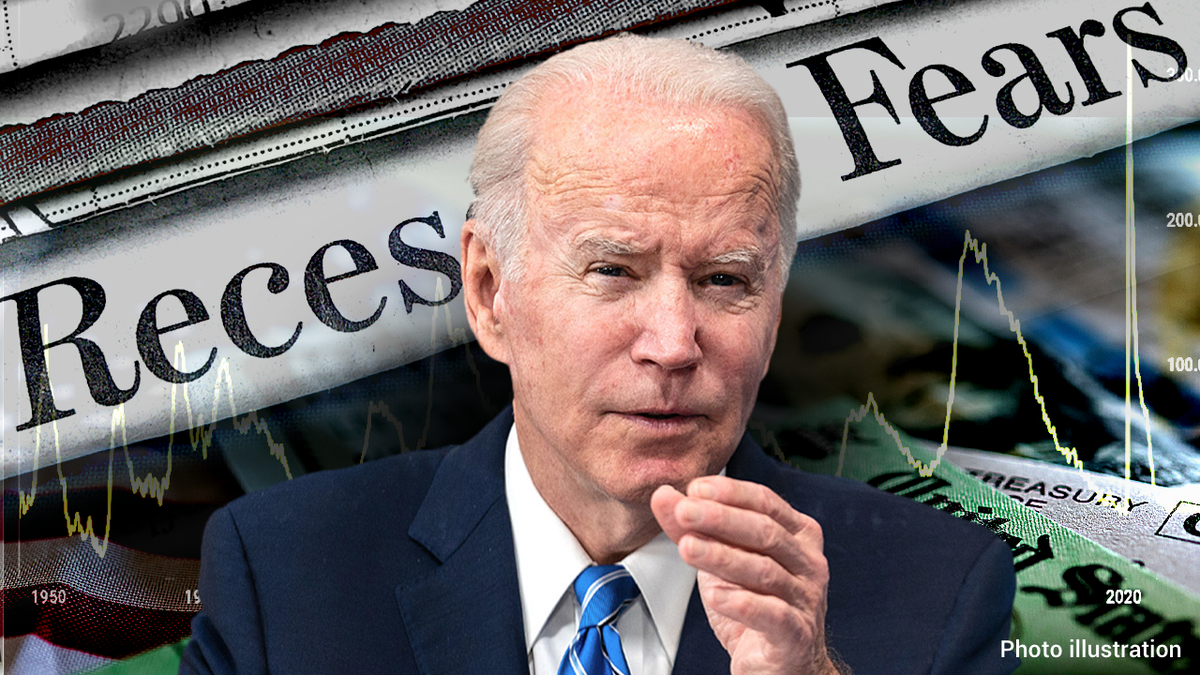Biden admin saying they are ‘not concerned’ about a recession
Fox News White House correspondent Jacqui Heinrich discusses Biden’s response to a negative growth report and concerns over potential recession on ‘Special Report.’
NPR painted a more optimistic perspective of the economic report released early Thursday morning.
The Commerce Department announced that the United States economy shrank by 1.4% in the first quarter of 2022. This clashed with previous expectations that the economy would expand by 1.1% and marked the worst quarter growth in two years since the start of the coronavirus pandemic.
NEW YORK TIMES SPINS NEWS ABOUT ECONOMY SHRINKING: ‘BUT UNDERLYING MEASURES WERE SOLID’

Washington DC, USA - June 4, 2012: The NPR (National Public Radio) building in Washington DC. Founded in 1970, NPR is a non-profit network of 900 radio stations across the United States. (iStock)
Although NPR correspondent Scott Horsley acknowledged the dour economic report, he appeared to argue the opposite in a piece titled, "Why this economy may be sturdier than it looks."
"But economists say that's not as worrisome as it might seem. Consumers continue to spend freely, and businesses are still investing, despite the sharp drop in headline GDP growth," Horsley wrote.
Horsley specifically quoted senior U.S. economist with S&P Global Market Intelligence Ben Herzon, who stated that the economy is actually "picking up" steam.
"We should not take that as a signal of the direction of the economy," Herzon said. "If we peel back a couple of layers and just look at underlying domestic demand, the economy looks to be picking up a little bit of steam."
Both Horsley and Herzon also focused on the fading of the coronavirus as a boon to the growing economy.
"While the omicron wave of coronavirus infections discouraged some people from traveling and eating out in the first weeks of the year, that has given way to what Herzon calls a ‘COVID spring,’" Horsley wrote.

Negative stock market reports (iStock)
CNBC’S RICK SANTELLI REACTS TO GDP SHRINKAGE: ‘NASTY’
Despite this, Horsley recognized inflation as an issue, though mostly as a result of a "hot" economy.
"With strong demand and a tight labor market, the U.S. economy is considerably hotter than Thursday's GDP figure might suggest — too hot, in fact, for the Federal Reserve," Horsley wrote.
In conclusion, he called the economy "remarkably resilient" based on a quote from economist Mark Zandi of Moody's Analytics.
"There's a lot of cash sitting in people's bank accounts, and that should help them continue to spend and navigate any kind of storm that's blowing through," Zandi said. "And clearly the Russian invasion and the higher gasoline and food prices and inflation is a storm."
CLICK HERE TO GET THE FOX NEWS APP

President Biden said that he's not concerned about a recession. (Getty Images)
Horsley did not reference President Biden in his economic piece. The White House previously boasted a "small business boom" in preparation for the midterm elections.

